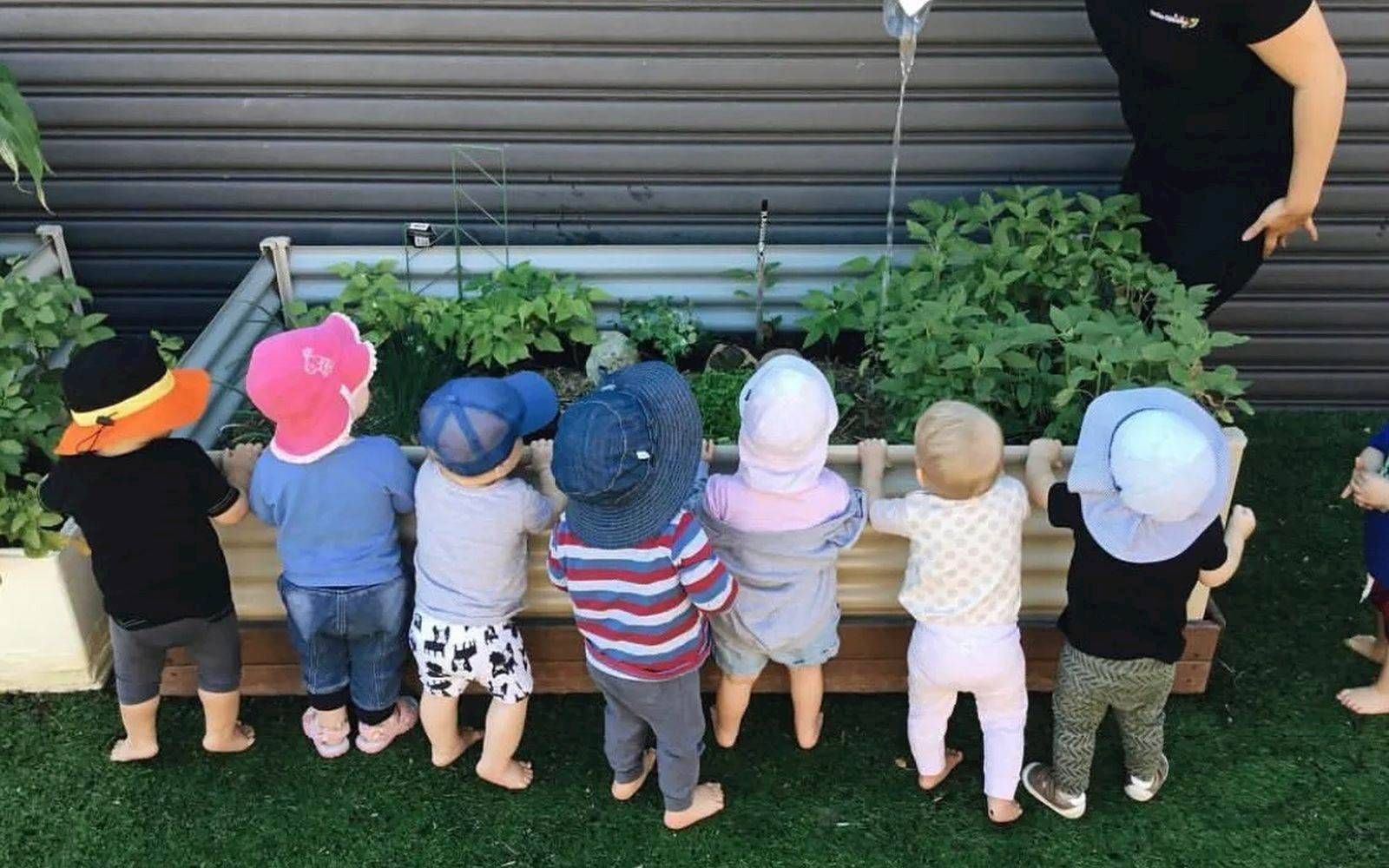Reggio Emilia: A World of Endless Possibilities

Many educational philosophies and models are being used worldwide. They all have their distinct characteristics and key features; but all are geared towards strengthening the instruction and to empower the learning of a child, so they can unlock their fullest potential. Reggio Emilia is an innovative approach to early childhood education, which is deemed to be both inspiring and edifying. This approach originated in the city of Reggio Emilia in Italy. Since its development in the 1940s by Loris Malaguzzi – a psychologist, with the help of the parents in and around Reggio Emilia, this stimulating and exciting educational philosophy to early childhood has been recognised and used around the world. It focuses on the preschoolers’ intellectual development, encouraging them to explore their environment and express themselves in making use of their available expressive, communicative and cognitive languages. The approach is not regarded as a teaching-learning method but rather, it is considered as a living process, which is why the approach does not remain the same through the years. It continues to grow and evolve. It is a fascinating early childhood philosophy because it sees the child as someone who is full of curiosity and has the potential to instinctively learn and understand the world where he/she is in. This educational concept strongly believes that children have the capacity to learn in a hundred different ways and they are capable of showing and expressing their understanding in a multitude of ways. The teachers are not considered as the giver or provider of the learner but they serve as a tool in learning. When a child seeks an answer to a question, the teacher does not give a ready answer, but both take a research and find the answer together. What an engaging way to discover and learn!
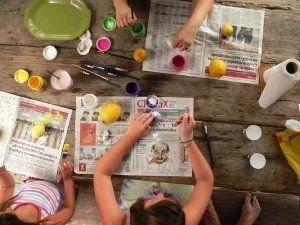
The Role of Expressive Arts: ‘The Hundred Languages’
The expressive arts like dramatic plays, puppetries, paintings, writing, sculpture, among others, are very important avenues of learning. The learner is given access to a wide variety of materials, experiences and resources in their quest for knowledge. Different learning opportunities are offered to suit the child’s learning needs. The teaching and learning are always adjusted according to the child’s pace.
The Reggio Emilia advocates believe in the following:
- Children aged 1 to 5 are very expressive and they have an excellent capacity to share whatever they feel to others.
- The children have that innate desire to acquire knowledge and understanding about the things in their environment.
- Compared to regular preschool curriculums, which focus more on literacy, numeracy and social skills, the Reggio Emilia approach concentrates on the role of expressive arts in the successful learning of the child.
- The end result of learning is given more importance than the how’s of the learning process, as going over the subjects of interest through various activities will help gain additional perspectives and more improved level of comprehension and competency.
- Teachers work hard to develop the children’s capability to communicate through activities centered on expressive arts such as drawing, painting, story-telling, music, body language and many more, which definitely helps the child convey his feelings, thoughts and actions successfully.
- In Reggio Emilia, teachers are regarded as learners first and foremost. The duty of a regular school teacher as the source of learning concepts is no longer his sole responsibility. The focus is not on his ability to teach, but on his capacity and skill to develop their understanding on how children learn best.
- The teachers also work as a team and each of them is considered an equal when it comes to the presentation of ideas. They are free to give possible solutions to learning problems. That is why the approach does not encourage hierarchy of staff: there is no principal. Each is accountable to the learning process undertaken by the school.
- Reggio Emilia’s curriculum is called Progettazione
, which means a ‘child-centred curriculum’ or an ‘emergent curriculum’. It does not have a prepared set of curriculum. The children’s interests are keenly observed and topics for study can be derived from the learners themselves. The teacher’s duty is not ‘to fill an empty vessel’ but to strive in giving a helping hand in a particular learning.
- The children are encouraged to utilize their senses to the fullest towards a greater understanding of things, making use of thorough observation, analysis and being able to put together what they have learned from their experiences – so they could attain a fuller understanding of the world.
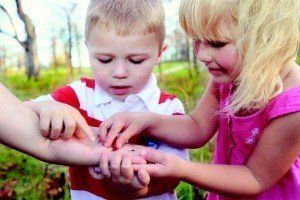
“Nurture the Nature of the Child”
The Reggio Emilia philosophy is undeniably an inspiring and enriching child-led approach to learning. Parents can make use of the principles in the process of fostering and nurturing the nature of their kids. Indeed, the adults can even learn from the children if they only care to listen and handle the questions of the little ones with lots of patience and ultimately, with love.
“The child is made of one hundred. The child has a hundred languages a hundred hands a hundred thoughts a hundred ways of thinking of playing, of speaking. A hundred always a hundred…”
Excerpt from the poem “No way. The hundred is there.” by Loris Malaguzzi. Translated by Lella Gandini
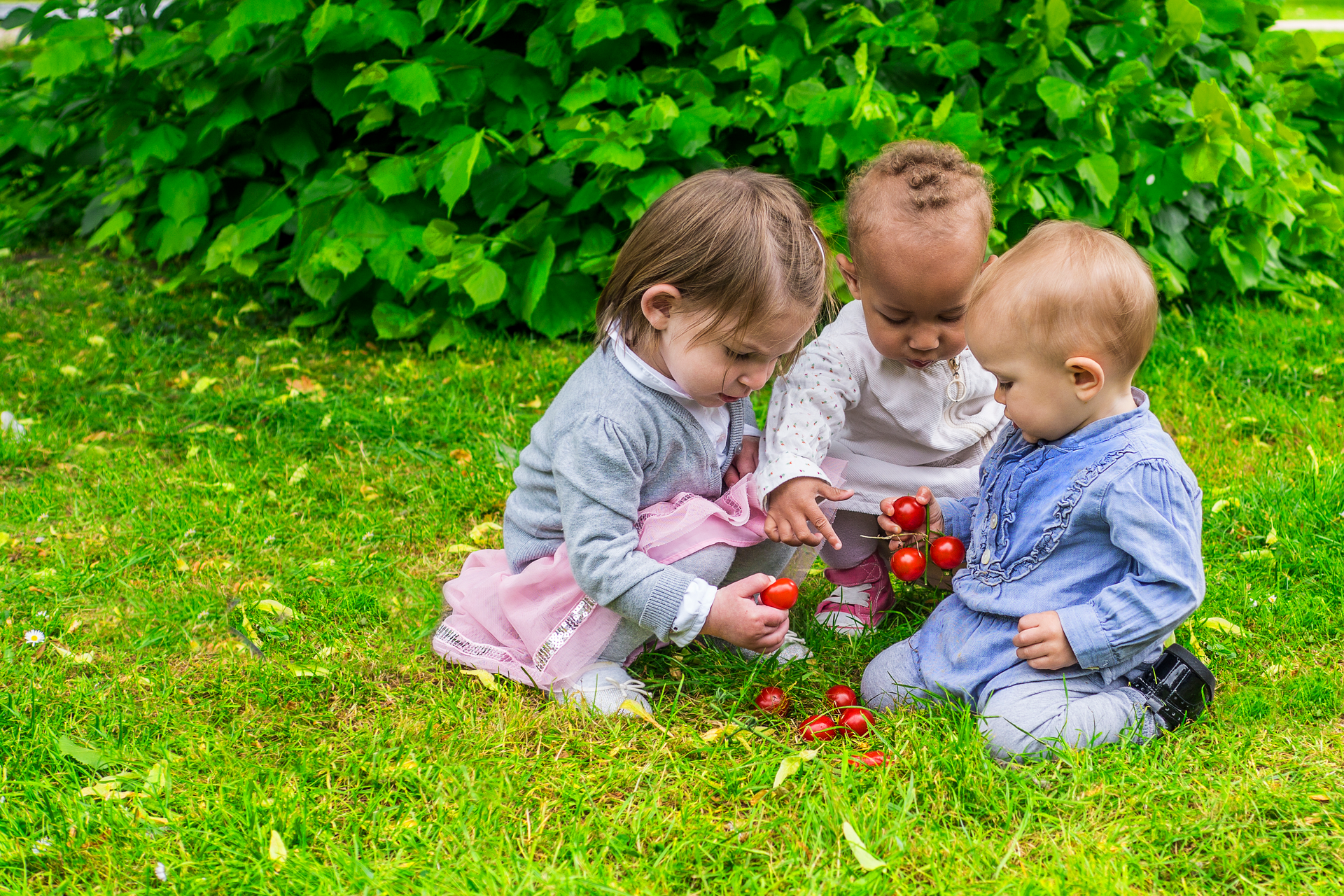
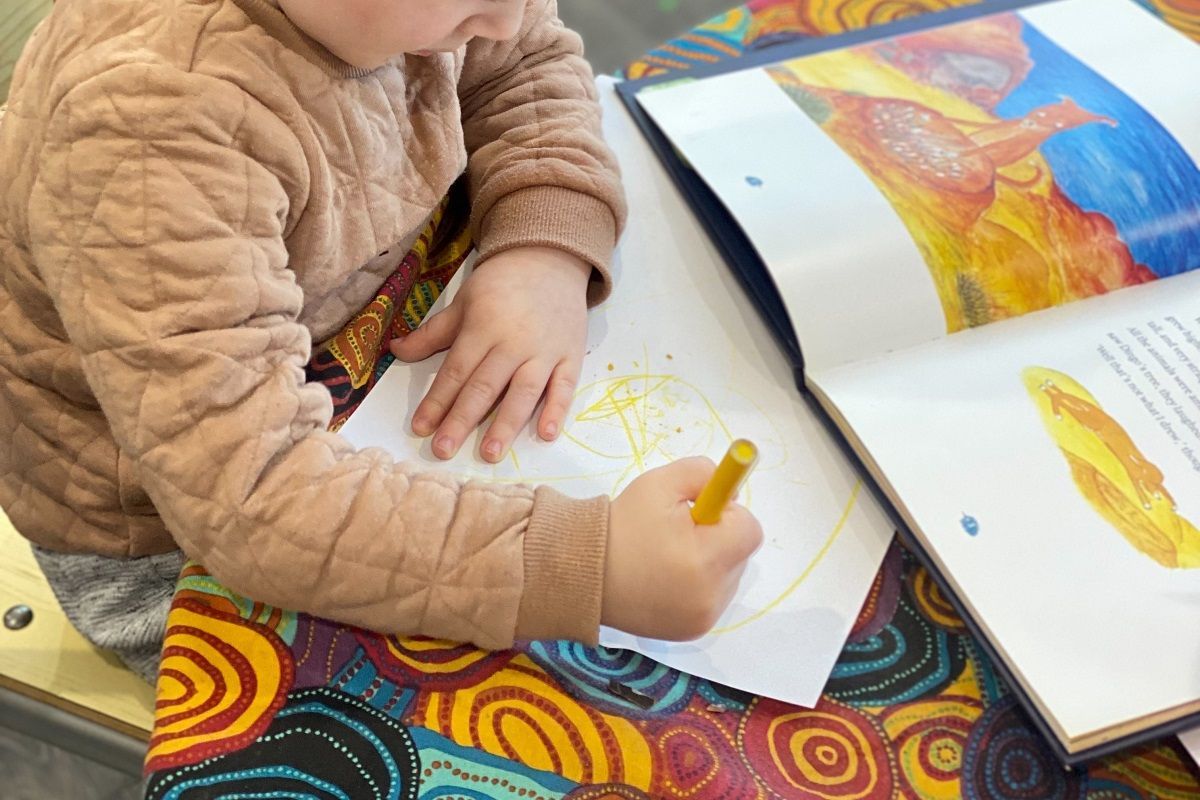
© Copyright 2025 Creative Childcare
© Copyright 2025 Creative Childcare



Three Great Newcastle Locations in Kotara, Hunter Street and Hamilton.
Business Hours
Hunter 6:30am - 6:00pm
Hamilton 6:30am - 6:00pm
Kotara 7am -6:00pm
Contact
Kotara 02 4952 3711
Hamilton 02 4089 5415
Hunter Street 02 4961 5620
Our Blogs

